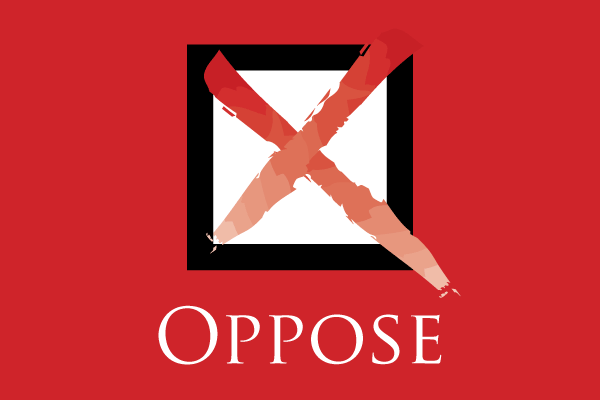 A California Chamber of Commerce-opposed bill that needlessly creates more heat illness prevention regulations passed a Senate policy committee this week.
A California Chamber of Commerce-opposed bill that needlessly creates more heat illness prevention regulations passed a Senate policy committee this week.
SB 1167 (Leyva; D-Chino) is unnecessary because current regulations already require employers to identify and address workplace hazards, including the risk of heat illness in indoor workplaces.
Duplicative Regulations
SB 1167 directs the California Division of Occupational Safety and Health (Cal/OSHA) to adopt a standard to protect the health and safety of indoor workers from heat-related illness and injury.
According to the California Code of Regulations, Title 8, Section 3203, the Illness and Injury Prevention Program already requires employers to have written procedures, to conduct worksite evaluations, to identify and correct worksite hazards, and train employees. These provisions apply to all workplace hazards and to all employees.
In addition, Cal/OSHA has prepared an instructive informational piece with recommendations for preventing heat illness in indoor working environments. To view this handout, visit the Cal/OSHA website at www.dir.ca.gov/dosh/etools/08-006/P08-00602.pdf.
If in fact indoor heat illness prevention presents a hazard that is not being addressed adequately, Cal/OSHA has other methods with which to effect compliance with current regulations. The Consultation Unit creates educational materials, provides employer workplace consultations and inspections, and provides outreach and educational workshops and forums for employers.
Cal/OSHA has been effective in developing and implementing special emphasis programs to increase compliance. A collaborative approach can be more effective in encouraging compliance than adopting a duplicative regulation such as proposed by SB 1167.
Key Vote
SB 1167 passed the Senate Labor and Industrial Relations Committee on April 6, 4-1:
Ayes: Jackson (D-Santa Barbara), Leno (D-San Francisco), Mendoza (D-Artesia), Mitchell (D-Los Angeles).
No: J. Stone (R-Temecula).
The bill will be considered next by the Senate Appropriations Committee.

